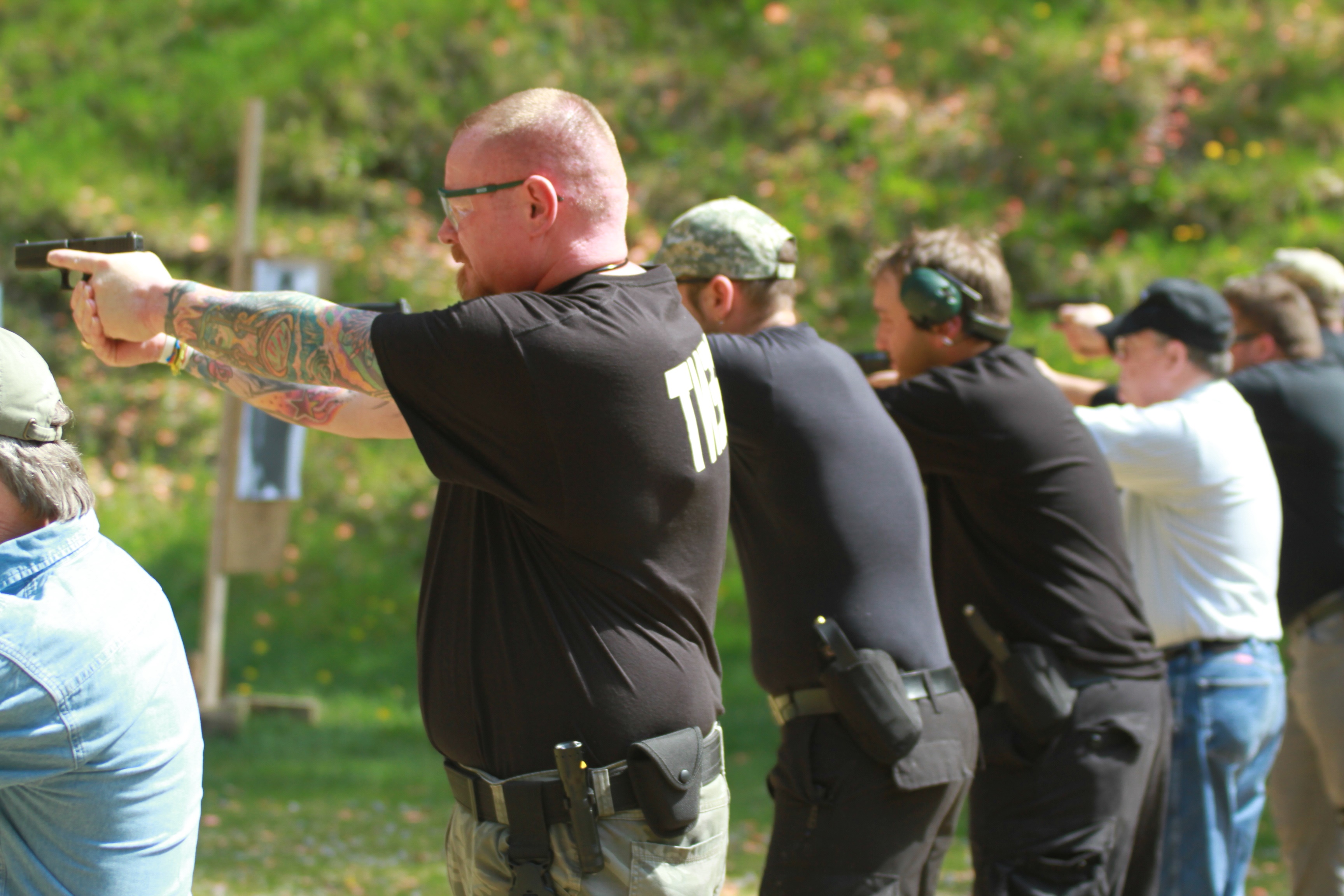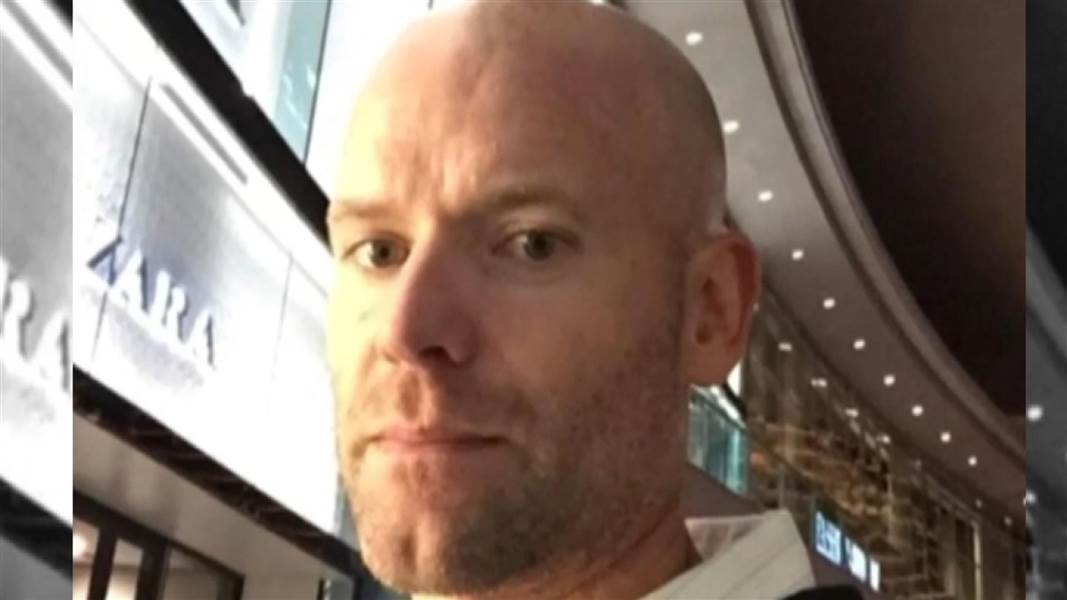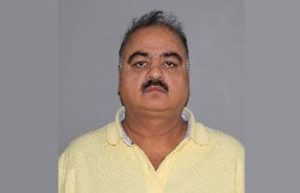The Bail Reform Act of 1966 was the first major overhaul of America’s bail system since 1789, the same year the USA introduced the bill of rights.
The 1789 law specified those types of crimes which were bailable and set limits on a judge’s discretion when setting bail.
Now, the concept of bail is under reform again.
The idea of bail takes up an uneasy spot in America’s language of justice. Day after day in courthouses everywhere, judges set high bail amounts and defendants tell their attorneys, “I can afford that.”
Things are changing. Recently, Maryland became the latest jurisdiction to say a defendant should be placed behind bars merely because they couldn’t afford bail. The reform is past overdue.
When a jurist sets bail, the accused must hand over the money or remain in jail. Bail’s purpose is to make sure the defendant shows for trial. If he skips out, the money is forfeited. The process is logical and comes with a long history. Time has made the flaws apparent.
Maryland Takes A Typical Approach
Around 7 million people are put behind bars every year simply because of their inability to cover bail. The cost of keeping them jailed is as high as $9 million. The current bail system places the indigent at a disadvantage, and they are less apt to get the funds to remain free until trial. Racial differences in bail proceedings are documented, so thoroughly no citation is needed.
The bail reform movement, around for decades, has started to make progress. As many as a dozen states seeking to limit bond to cases where the prosecution provides “clear and convincing evidence” the defendant will not keep their date in court and is a danger to the community.
The approach Maryland took is typical. As of Jul 1, a judicial official may not require a financial position “in form or amount that ends with the pretrial detention of the accused merely because the accused is incapable of adhering to the economic conditions.” In other words, the judge has to consider the accused’s resources. The poorer the defendant, the lower the bail.
Opponents worry that people once held in jail awaiting trial will not be on the street committing other crimes. The fear is understandable but irrational. The solution isn’t to keep millions of unconvicted defendant’s behind bars. In America’s system of jurisprudence, the purpose of bail is not crime prevention.The purpose is to make sure defendants appear for trial.
Judges are not good at predicting which defendants are apt to re-offend while waiting for their trial date. In Washington D.C. where suspects in nonviolent crimes are regularly released without bail, 90% return for trial. Only 1% commit a violent crime while waiting for a court date.
Bail reform proposals, including Maryland’s, leaves room for jurists to mandate pretrial detention for individuals considered a threat to others. High bail can still be set for people deemed to be a high flight risk. The difference? Defendants will no longer wait in jail just for being poor.
What Happens To People Of Color?
Non-white defendants are less prone to be granted bail. The ones that are given bail opportunities typically have their bail set at unaffordable levels. This injustice places them into the class which judges treat harshly and creates a class that is mostly nonwhite.
Fair or not, the bail industry has carried a less-than-stellar reputation. Opponents of commercial bonding claim that despite bail agents earning billions of dollars every year, the return to public safety is minuscule.
The industry does provide a valuable service, and there is evidence that the existence of the bonding industry eliminates a significant part of racial discrimination.
But the advantages persist only as long as the bail system exists. As more courts adopt various forms of bail reform, the bail bondsmen’s work becomes less valuable.









